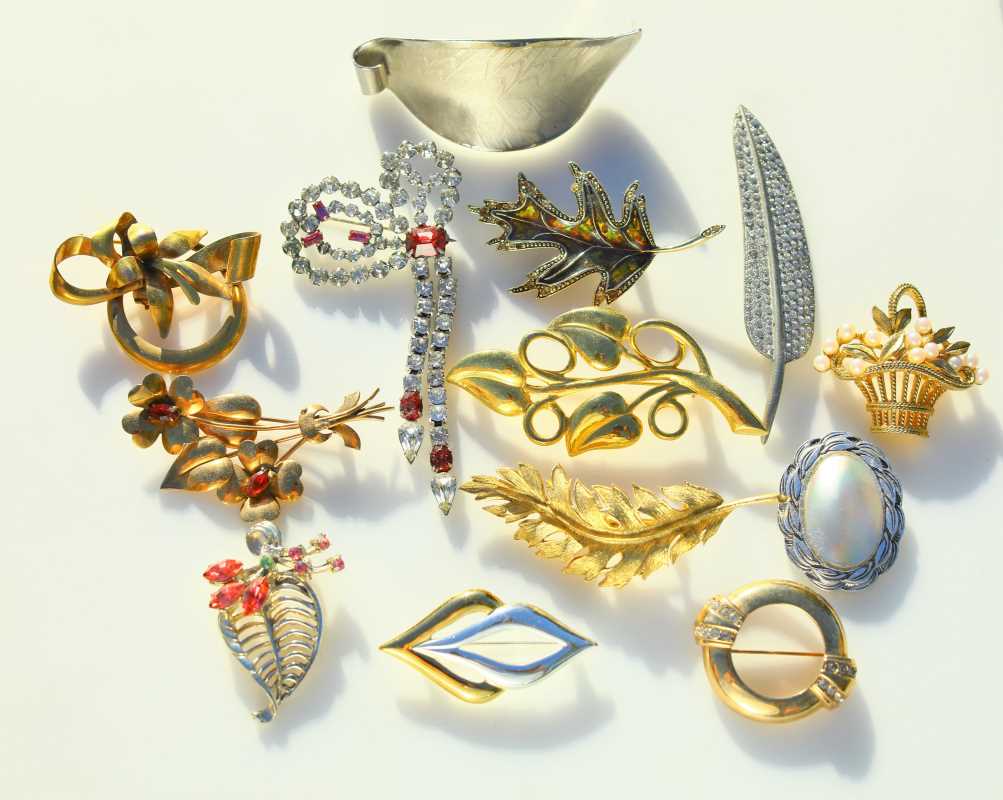Spending money on things you enjoy is one of life’s pleasures—but it can also feel like a double-edged sword. On the one hand, treating yourself or others brings joy; on the other, the fear of overspending or derailing financial goals can lead to guilt. Thankfully, learning how to splurge wisely lets you enjoy indulgence without compromising your financial health.
Set a Splurge Budget
The key to guilt-free splurging is knowing how much you can afford to spend. This starts with setting up a splurge budget. Think of it as a financial playground where you can enjoy yourself, but with boundaries to ensure your bigger goals stay on track.
Steps to Set a Splurge Budget:
- Review your overall budget: Make sure you’re covering all your essentials like rent, bills, groceries, and savings.
- Determine a percentage: Allocate a small percentage of your monthly income, like 5-10%, specifically for splurging. If you earn $3,000 a month, a 7% splurge budget would give you $210 to spend on non-essential treats.
- Stick to the limit: Track your splurge spending the same way you track regular expenses.
- By allocating a set amount, you’re giving yourself permission to indulge while maintaining control over your finances.
Prioritize Meaningful Purchases
Not all splurges are created equal. Some purchases might bring lasting joy or solve a specific need, while others lose their appeal quickly. Prioritizing meaningful purchases ensures your splurges provide real value to your life.
Questions to Ask Yourself Before You Splurge:
- Is this a want or a need? Splurges don’t have to be practical, but the distinction helps you assess its importance.
- Will I value this in the long term? A high-quality bag that you’ll use for years might be a better splurge than a fast-fashion trend.
- Does this align with my passions? Spending on something that fuels a hobby, like art supplies or concert tickets, often feels more satisfying than impulse buys.
Instead of a generic purchase like eating at an expensive restaurant out of habit, consider treating yourself to a rooftop dining experience with friends or a carefully-planned meal at a place you’ve wanted to try.
Balance Indulgence with Long-Term Goals
One reason people feel guilty about splurging is the belief that they’re sacrificing their financial future. The good news is that you don’t have to choose one or the other. Balancing indulgence with long-term goals makes room for both joy now and security later.
Tips to Stay on Track:
- Save first, splurge later: Before you indulge, make sure you’ve set aside savings for priorities like an emergency fund, retirement, or major purchases.
- Reward yourself for milestones: Save splurges for moments when you’ve hit financial goals, like sticking to your budget for three months or paying off a credit card balance.
- Use a “fun fund”: Create a separate savings account specifically for larger splurges. Watching your dedication pay off can make your treat even more rewarding.
If you dream of splurging on a luxury vacation, set aside $50 or $100 each month in a dedicated travel savings account. When the time comes, you can fully enjoy the experience without worrying about overspending.
Make the Experience Memorable
Splurging isn’t just about the products or services you buy; it’s also about the experiences you create. Focusing on quality over quantity not only elevates your splurges but also ensures they bring meaningful joy.
Tips for Memorable Splurges:
- Invest in experiences: Studies show people often feel greater satisfaction from experiences than material possessions. Consider splurging on a weekend getaway, a cooking class, or concert tickets. These create lasting memories.
- Share the joy: Splurges that involve loved ones can feel even more rewarding. Treating a friend to dinner or giving a thoughtful gift to a family member provides a deeper sense of happiness.
- Document the moment: Whether it’s snapping photos or journaling about your indulgence, capturing the memory lets you relive it long after.
Instead of buying multiple small items, consider splurging on one big-ticket experience, like attending a sports game or planning a spa retreat day.
Learn From Your Splurges
Not every splurge will go perfectly, and that’s okay. Learning from your choices helps you refine your approach to spending. Reflect on how a splurge made you feel and whether it aligned with your values or brought lasting enjoyment.
Questions for Reflection:
- Did this purchase bring me joy or fulfillment?
- Was it worth the cost?
- Would I spend on something similar in the future?
By reviewing your spending patterns, you’ll discover what types of splurges truly enhance your life and which ones might not be worth repeating.
Splurging wisely doesn’t mean depriving yourself or shying away from indulgences. It’s about approaching spending with purpose and balance, so you can enjoy the things you love guilt-free.


.jpg)




